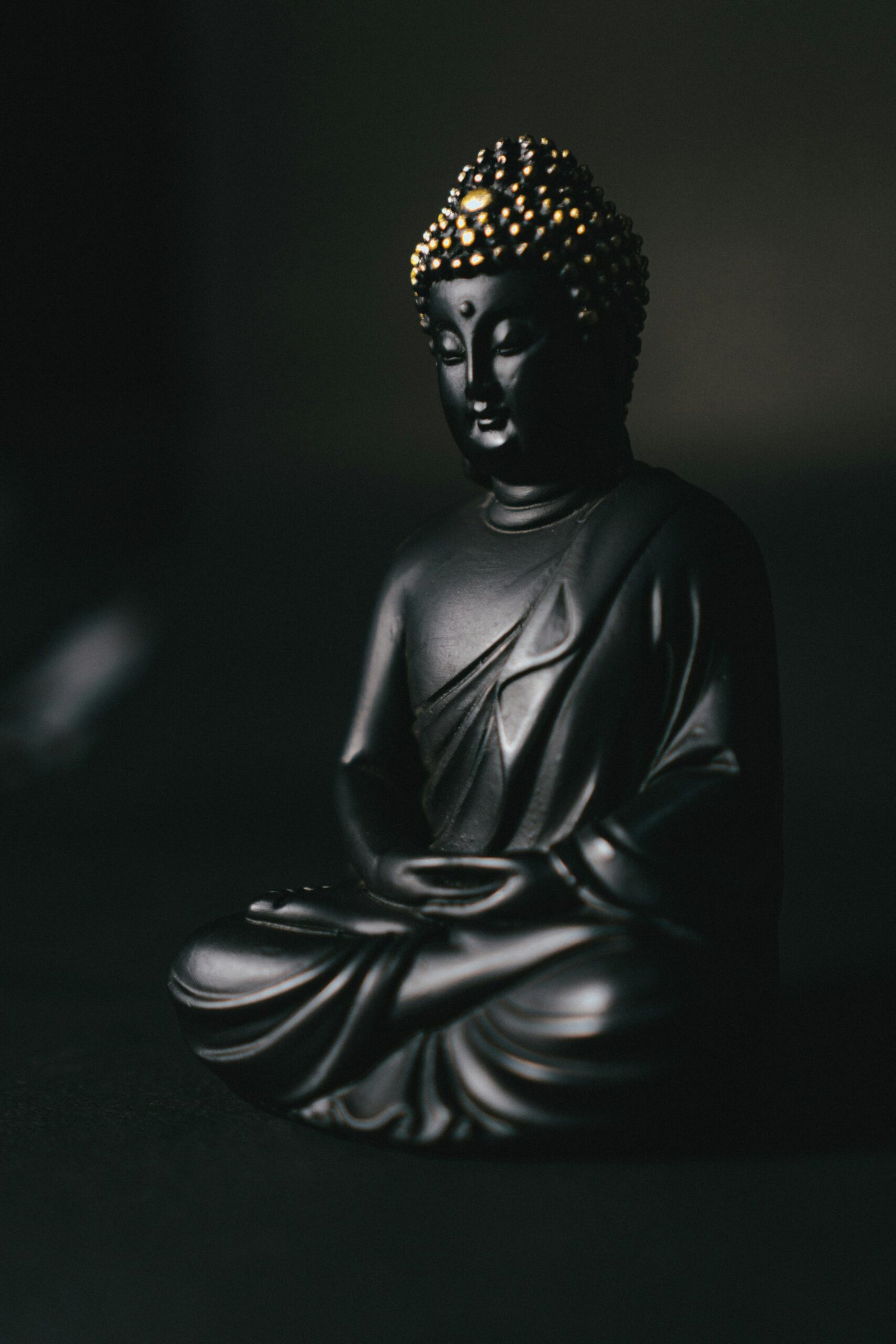Sexuality in Buddhism: Exploring the Teachings on Sex and Desire
Buddhism, with its emphasis on self-awareness and mindfulness, offers valuable insights into various aspects of human life, including sexuality. The teachings of Buddhism provide a unique perspective on sex and desire, emphasizing the importance of finding a balanced approach and cultivating a mindful attitude towards sexual behavior.
The Concept of the Middle Way
In Buddhism, the concept of the Middle Way plays a crucial role in guiding individuals towards a balanced and harmonious life. This principle suggests that one should avoid extreme indulgence or extreme asceticism, finding a middle path that leads to liberation and enlightenment.
When it comes to sexuality, the Middle Way encourages individuals to neither suppress their sexual desires nor indulge in them excessively. Buddhism recognizes the natural human inclination towards sex and acknowledges its significance in human life. However, it also encourages individuals to approach sexual desires with mindfulness and moderation, avoiding attachment and craving.
Mindfulness in Relation to Sexual Behavior
One of the key practices in Buddhism is mindfulness – the ability to be fully present and aware in the present moment. This practice can be applied to all aspects of life, including sexual behavior. Mindfulness in relation to sexuality involves being aware of one’s desires, intentions, and actions without judgment or attachment.
By practicing mindfulness during sexual encounters, individuals can cultivate a deeper understanding of their own desires and motivations. This awareness allows them to make conscious choices and avoid harmful behaviors that may lead to suffering for themselves or others. Mindfulness also helps individuals develop a sense of compassion and respect towards their partners, fostering healthy and fulfilling relationships.
Furthermore, practicing mindfulness in relation to sexual behavior helps individuals overcome the illusion of permanence and the attachment to sensual pleasure. Buddhism teaches that all things are impermanent and subject to change, including sexual experiences. By recognizing this impermanence and letting go of attachment, individuals can find freedom from suffering and cultivate a more balanced approach to sexuality.
Embracing Celibacy or Ethical Sexual Conduct
While Buddhism encourages individuals to find a balanced approach to sexuality, it also recognizes the value of celibacy as a means of spiritual practice. Monastic life in Buddhism often involves celibacy as a way to focus on spiritual development and minimize distractions.
For lay practitioners, ethical sexual conduct is emphasized. Buddhism encourages individuals to engage in sexual relationships that are consensual, respectful, and free from harm. Adultery, sexual misconduct, and exploitative behaviors are considered unethical and detrimental to spiritual progress.
Additionally, Buddhism emphasizes the importance of cultivating qualities such as love, compassion, and generosity in all relationships, including sexual ones. These qualities contribute to the well-being and happiness of both individuals involved, fostering a sense of harmony and mutual growth.
Conclusion
Sexuality in Buddhism is approached with a balanced and mindful perspective. The teachings of Buddhism emphasize the concept of the Middle Way, encouraging individuals to neither suppress their sexual desires nor indulge in them excessively. Through the practice of mindfulness, individuals can develop a deeper understanding of their own desires and motivations, leading to more conscious choices and healthier relationships.
Whether one chooses to embrace celibacy or engage in ethical sexual conduct, Buddhism emphasizes the importance of cultivating qualities such as love, compassion, and respect in all relationships. By following these teachings, individuals can navigate their sexuality in a way that promotes well-being, happiness, and spiritual growth.

